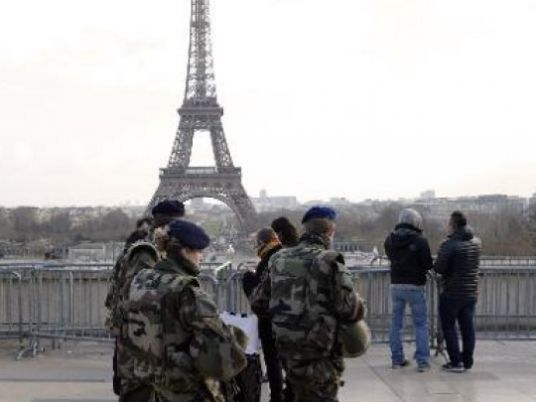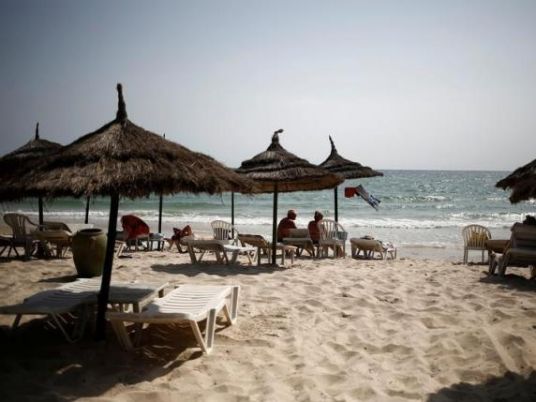
Friday’s attacks in Paris are just the latest violent acts claimed by radical Islamist groups since the destruction of the twin towers in New York in 2001.
Here is a chronology of major attacks:
November 13, 2015: France — An unprecedented string of attacks leaves at least 120 dead and more than 350 injured. The assailants struck six different sites on Friday evening, including the Stade de France football stadium and eateries in the trendy east of the city. The Bataclan concert venue in Paris, where 82 people were killed, was the hardest hit target. On November 14, the jihadi Islamic State group claims responsibility.
November 12, 2015: Lebanon — An attack claimed by IS on a stronghold of Lebanon’s Shi'ite movement Hezbollah in southern Beirut, leaves 44 dead. It is the largest IS-claimed attack ever in Lebanon, and among the deadliest bombings to hit the country since the end of its 1975-1990 civil war.
October 31, 2015: Egypt — A Russian jet leaving Egypt crashes in the Sinai peninsula, leaving all 224 people on board dead in Russia’s worst air disaster. An IS-linked group claims responsibility, and Washington and London say they believe the crash was caused by a bomb.
October 10, 2015: Turkey — 102 people are killed and more than 500 injured in a suicide attack in front of Ankara’s train station where activists were gathered for a peace demonstration. Ankara’s public prosecutor says the attack, the worst in Turkish history, was ordered by IS in Syria.
June 26, 2015: Tunisia — 38 tourists, including 30 Britons, are killed when a Tunisian student armed with a Kalashnikov rifle opens fire in a beach resort. The attack is claimed by IS. The violence stokes memories of a March 18 attack claimed by the IS on the Bardo Museum in Tunis that left 22 dead.
April 2, 2015: Kenya — A daylong siege of the eastern Garissa University kills 148, including 142 students. Claimed by Somalia’s Al-Qaeda-linked Shebab, the attack is Kenya’s deadliest since the 1998 US embassy bombings.
January 7 to 9, 2015: France — Two men armed with Kalashnikov rifles storm the Paris offices of satirical weekly Charlie Hebdo killing 12 people including eight cartoonists. A policewoman is killed just outside Paris the following day, while a gunman takes hostages at a Jewish supermarket, four of whom are killed.
September 21 to 24, 2013: Kenya — An armed group storms the Westgate shopping center in Nairobi, a favorite of Kenyan and expatriate shoppers. The attack, claimed by Al-Shebab, leaves 67 dead.
November 26 to 29, 2008: India — 166 people are killed when Islamist gunmen storm luxury hotels, the main railway station, a Jewish center and other sites in the booming metropolis of Mumbai.
July 11, 2006: India — 189 people are been killed and more than 800 injured in attacks on trains and railway stations in Mumbai’s suburbs.
July 7, 2005: Britain — Four coordinated suicide attacks during the peak travel period on three underground trains and a London bus kill 56 and injure 700. They are claimed by a group linked to Al-Qaeda.
March 11, 2004: Spain — A dozen bombs explode in Madrid and in its suburbs on four trains, leaving 191 dead and nearly 2,000 missing. The attack is claimed by Al-Qaeda.
October 12, 2002: Indonesia — Attacks on a bar-restaurant and a discotheque on the island of Bali leaves 202 dead, mainly tourists. The attack is carried out by a Jemaah Islamiyah, which is linked to Al-Qaeda.
September 11, 2011: United States — Four passenger aircraft are diverted and three deliberately slammed into the twin towers of the World Trade Center in New York and the Pentagon in Washington. The fourth plane crashes in Pennsylvania. The attacks, claimed by Al-Qaeda, and which leave around 3,000 dead, are the deadliest in history.

